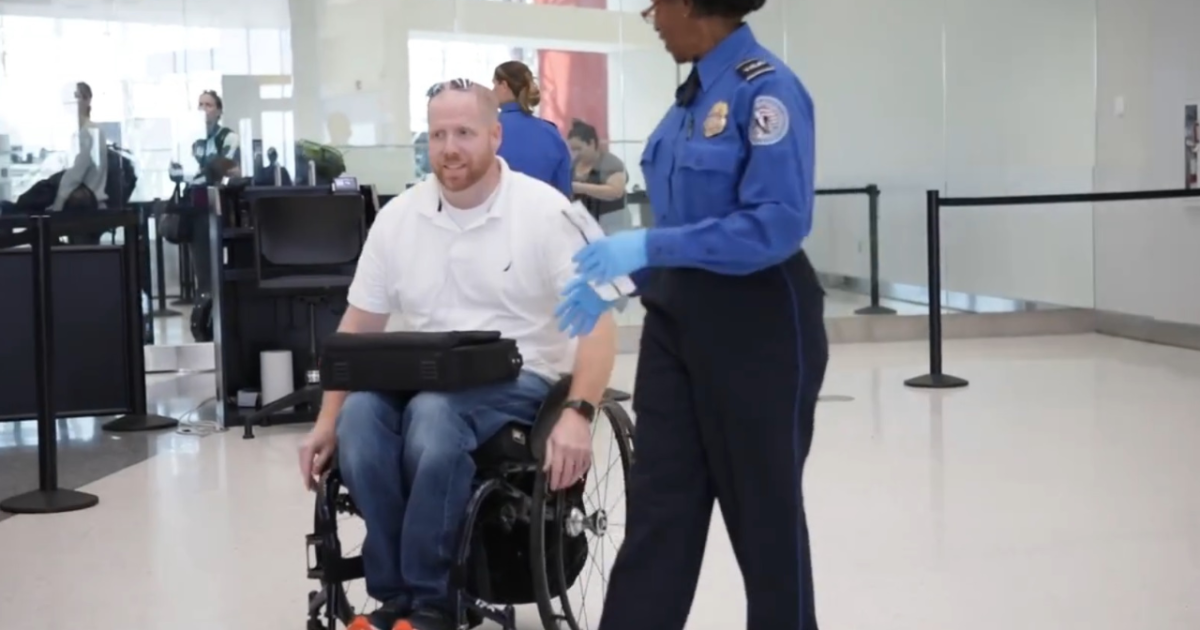SALT LAKE CITY — Wondering what it’s like to travel with a disability? Utah is home to more than 573,000 people with disabilities, and whether you’re staying in the state or heading elsewhere, here are some helpful tips to help you travel comfortably this summer.
When it comes to travel for people with disabilities, tourism expert Mark Raymond Jr. speaks from personal experience, which is why he founded the Split Second Foundation.
“The mission of the Split Second Foundation is to provide comprehensive care, resources, education and support to families affected by disabilities,” he said. “What I learned from my experience with disabilities and my accident is that there were not enough community resources out there to actually help people with all the things they need to live a quality life.”
A diving accident left Mark in a wheelchair, and like others in his situation, he has had to learn to travel differently.
That means a lot of planning ahead.
“When I think about visiting a state like Utah or a city like Salt Lake City, I always plan every aspect of the trip, from the flight to the car to pick me up, the hotel, making sure I have a suitable room, and then taking in the tourist attractions,” Raymond explained.
In the United States, Air Carrier Access Acts prohibit airlines from discriminating against people with disabilities, but most of these regulations are not enforced abroad, so you should be cautious when traveling internationally.
Anyone experiencing problems in the United States should follow Raymond’s advice.
“I call the airline and tell them what the issue is and get an ADA seat, because often times you need a special chair, like an aisle chair, to get on the plane,” he said, “Then I call my transportation agency to see if they have a wheelchair-accessible vehicle so I won’t have any issues when I arrive. Then I call the hotel and tell them I need a room with a roll-in shower that’s wheelchair accessible.”
Sightseeing may be easy, but what if you want something a little more adventurous?
“I would call tourist destinations, whether it’s a ski area, a hiking trail, a national park, and see what kind of lodging they have available. Whether you’re going to the mountains, the beach, wherever you’re going, that’s what I would encourage people to do,” Raymond said.
Something else to keep in mind is to see if there are any durable medical equipment providers in the city you are traveling to, just in case something happens.
There are organizations like the Split Second Foundation in each state that you can contact to help you plan your trip.
Click here for disability information for travelers.

